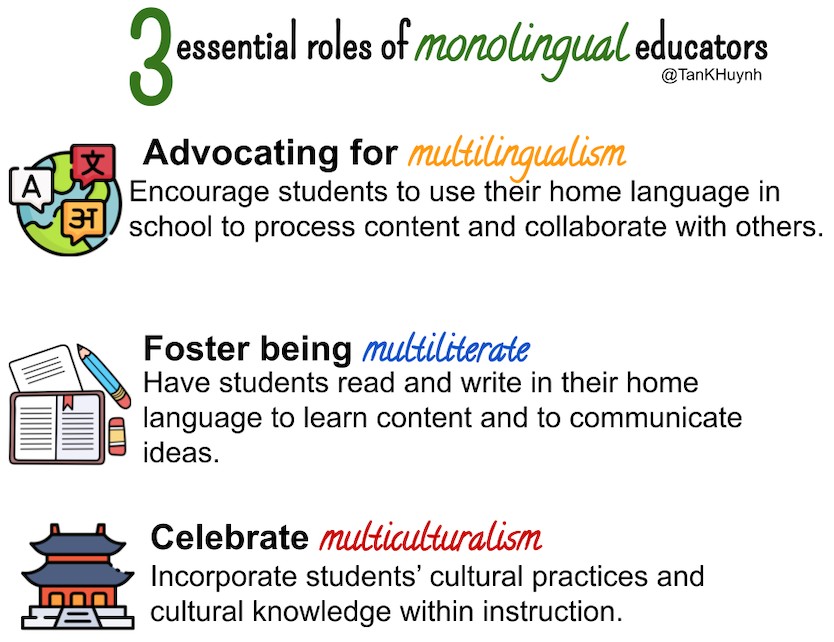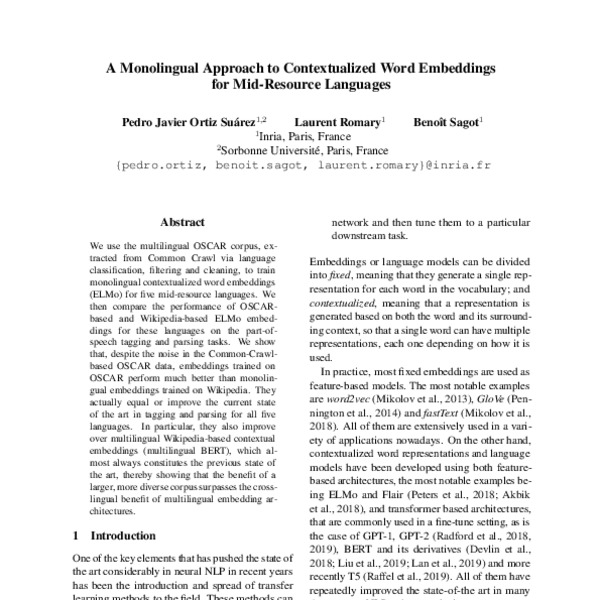

Lastly, monolingual experiences are different from bilingual experiences therefore, existing questionnaires that evaluate language experiences should be adapted to capture the particular linguistic experiences of monolinguals.Ĭitation: Castro S, Wodniecka Z, Timmer K (2022) Am I truly monolingual? Exploring foreign language experiences in monolinguals. Moreover, these results show the need to consider the specificity of the monolingual language experience when analysing the impact of foreign languages on cognitive functioning, as differences in the language experiences of bilinguals also have divergent impacts on cognition. These results suggest that the linguistic experiences of monolinguals from the UK often include exposure to and use of foreign languages. Lastly, around 58% of monolinguals who had visited one or more non-English-speaking countries declared the active use of foreign languages during their stay(s). Furthermore, activities that involved passive use of languages (i.e., activities that require reading or listening but do not require speaking or writing e.g., watching TV) were occasionally carried out in foreign languages: around 26% of these monolinguals confirmed the passive use of more than one language. Moreover, nearly 40% of all the studied monolinguals confirmed that they had been passively exposed to foreign languages or dialects in their environment approximately a fourth of these monolinguals who declared exposure to at least one foreign language (or dialect) confirmed that they also used these languages. More than half of this 80% of monolinguals also used languages they had learned at some point in their lives. Through an online survey, we found that more than 80% of these monolinguals had learned at least one foreign language, dialect, or type of jargon. In this study, we analyse the linguistic experiences of 962 English-speaking individuals from the United Kingdom (UK) who identified as monolinguals. The linguistic experiences of monolinguals are usually overlooked when analysing the impact of foreign language experiences on language processing and cognitive functioning.

Multilingual Matters.Monolingualism has typically been understood as a homogeneous phenomenon. Schrauf (Eds.), Multilingual interaction and dementia (pp. ‘Fear nó bean, a man or a woman?’ Bilingual encounters in residential eldercare in Ireland.

This puts skills into the foreground and de-emphasizes cognitive-communicative impairments. In a bilingual residential context, fostering positive speaker identities through language use creates a supportive bilingual environment, which in turn also fosters inclusive discursive practices: Language preferences are respected, while communication gaps are bridged by mediation (dual language use or translation, code-switching). Languages and bilingualism are also linked with local identity and rootedness, which is seen to create a sense of community which spans generations.Ĭonclusions: Appraisal analysis permits insight into the linguistic tools speakers use to construe attitudes and identities. In addition, they emphasize the importance of residents’ preferred language as a contributor to quality of life and for emotional connectedness, and consider linguistic inclusivity a vital ingredient in the daily life of the nursing home. Staff members evidence a high degree of awareness of residents’ language preferences and comment on residents’ appraisal of language skills as positive and identity-affirming. Talk about languages and speakers is used to construe competent and discerning self-identities. Results: Residents appraise speakers in terms of language skills and their own bilingual status as positive and advantageous. We applied Appraisal Analysis (grounded in Systemic Functional Linguistics) in order to map out speakers’ expression of attitudes towards language(s), speakers, and language use. Methods: The data analysed are transcripts of approximately 7 hours of unstructured interviews on the general topic of experiences of Irish-English bilinguals among staff (N=4) and residents (N=2). In this paper, we present detailed analyses of the linguistic expression of Irish-English bilingual speakers’ attitudes towards language(s), language use and speakers, in the context of wide-spread but not universal bilingualism in an Irish nursing home. Attitudes to Languages and Bilingualism in the Context of Residential Care for Older Persons Friday, April 8, 09:30-10:30ĭepartment of Communication Sciences and Disordersĭepartment of Speech and Hearing Sciencesīackground: In earlier work (Müller, 2017) we have shown how pro-active bilingual practices and contextual adaptation of language choice supports participation, as well as positive identity construal, for nursing home residents, both with and without cognitive-communication disabilities as a consequence of dementia.


 0 kommentar(er)
0 kommentar(er)
